« He Has Made Significant Changes To The Constitution »
- Par Eldickson Agbortogo
- 19 Apr 2024 15:06
- 0 Likes
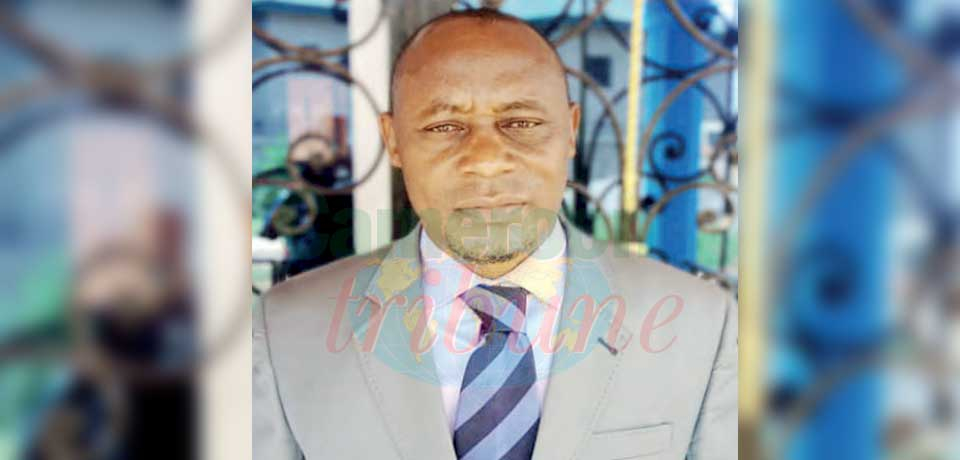
Dr Tarh Humphrey Ntantang, Political Economist, Researcher and Founder of Ntantang Center for Research and Consultation.
Since the second coming to power of President Hassan Sheikh, there has been some landmark reforms in the country. What analysis can you make of the changes?
The second coming to power of Hassan Sheikh as President of Somalia in May 2022 is founder and Chairman of the Union of Peace and Development Party. When he came to power, there was a lot of insecurity, rising inflation, severe drought and task of reuniting the country. Within a short period of time, he has made significant changes to the constitution. He has secured the amendments of certain laws under review for almost a decade. The amendments have addressed longstanding disputes in Somali politics, particularly power struggles between presidents and prime ministers, often fuelled by constitutional ambiguities. The amendments also establishes a president-appointed prime minister, replacing the previous requirement for parliamentary confidence votes. This adjustment seeks to provide more flexibility in governance, addressing tensions arising from power and resource distribution among clans and regions. The amended constitution also introduces a five-year term for government bodies, refers to regional state leaders as presidents, and promotes a multi-party system. Another major change which will come into play in time for local elections in June 2024, is the introduction of voting rights for all, ending the clan-based indirect voting system that has historically been in place in Somalia. All these changes were announced in May 2023 after a four-day National Consultative Summit (NCS), in Mogadishu. Even though some political figures, including former presidents and state leaders, oppose these changes, citing concerns about insufficient consensus, the changes are significant and highly welcomed by a greater majority as can be seen during the voting exercise.
From the look of things, these changes seem to have divided the country?
The passage of these amendments marked a dark day for Somalia, as the constitution that played a crucial role in ending the country’s devastating civil war has been effectively quashed by President Hassan Sheikh’s actions. The 2012 constitution, which was the result of extensive negotiations and compromise among various stakeholders, laid the foundation for a more stable and democratic Somalia by establishing a federal system of government and enshrining key principles such as the separation of powers and the rule of law. The new constitution dismantles these hard-fought gains, concentrating power in the hands of the executive and eroding the checks and balances essential for a functioning democracy. This power grab not only undermines the progress made since the end of the civil war but also sets a dangerous precedent for the future of Somali politics. Part of the political class in Somalia are of the opinion that the passage of the new constitution lacked genuine consultation and consensus-building. This include, some federal member states, opposition parties, and civil society organizations. The divisions comes at a time when unity and cooperation are more critical than ever, as Somalia grapples with pressing challenges such as the ongoing threat of Al-Shabab, widespread unemployment, corruption, and a severe economic crisis. Others also think moving from parliamentary to a presidential system putts an end to the privileges enjoyed by some clans and their leaders. But they can be made to understand the advantages of the new system through well elaborated nationwide campaigns. A case in point is the lying to rest of the power wrangling between the president and the prime minister that has often grounded the country.
Even though he has made some strides, the unity of the country (like Puntland and Somaliland declaring independence) remains a major threat. How do you think the issue can be handled?
One of Somalia’s five federal States, Puntland has been particularly vocal in its opposition with its Minister of Interior, Farah Juxa, claiming the amendments risked more violence in Somalia than ever especially with the al-Qaida-linked al-Sha...
Cet article complet est réservé aux abonnés
Déjà abonné ? Identifiez-vous >
Accédez en illimité à Cameroon Tribune Digital à partir de 26250 FCFA
Je M'abonne1 minute suffit pour vous abonner à Cameroon Tribune Digital !
- Votre numéro spécial cameroon-tribune en version numérique
- Des encarts
- Des appels d'offres exclusives
- D'avant-première (accès 24h avant la publication)
- Des éditions consultables sur tous supports (smartphone, tablettes, PC)






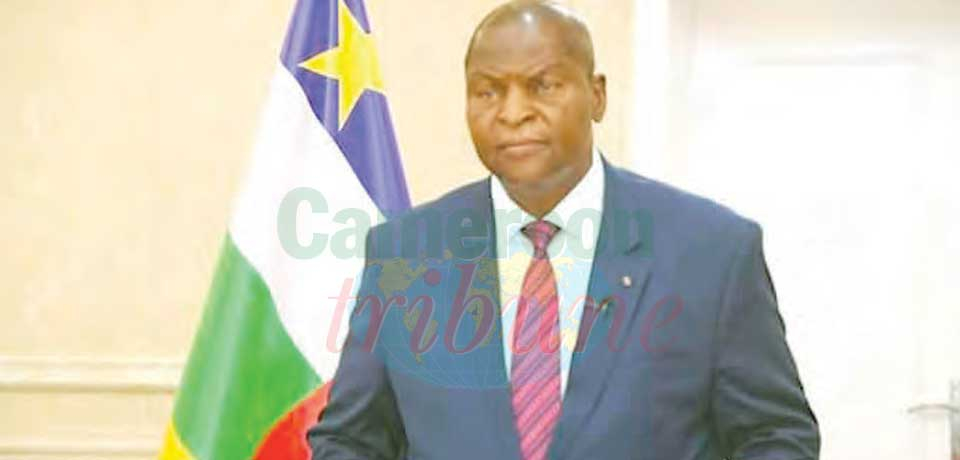
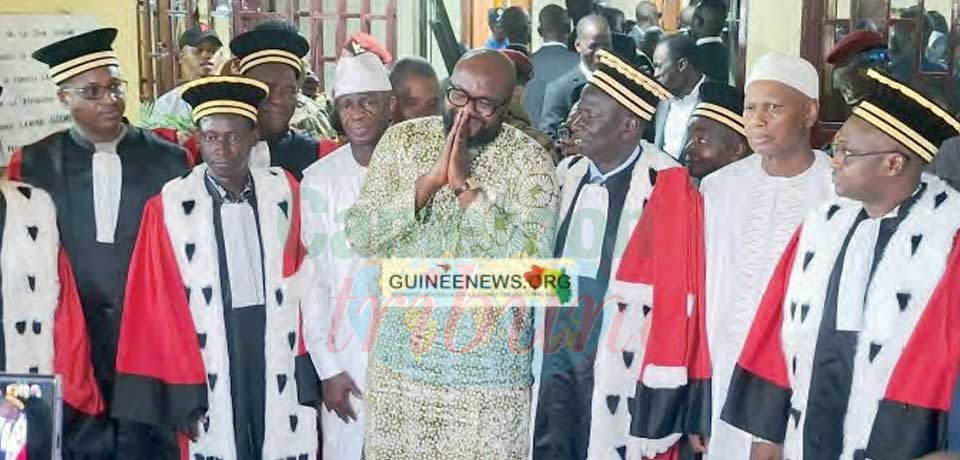
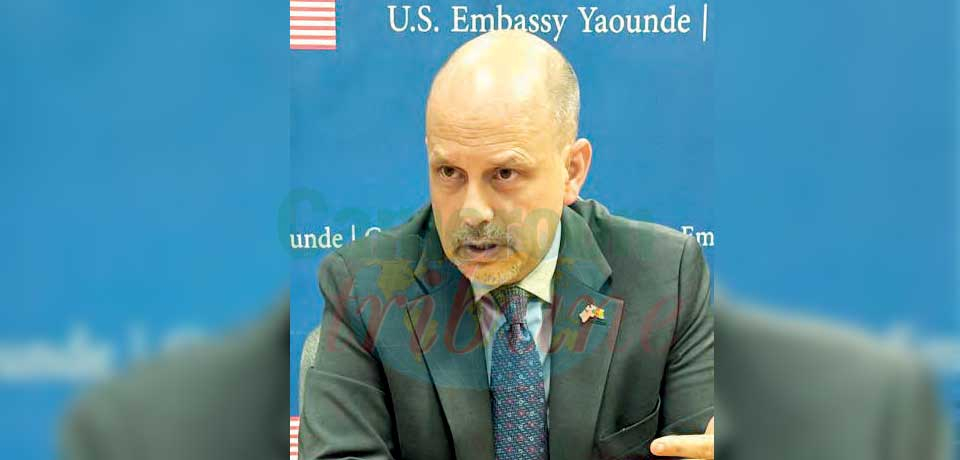
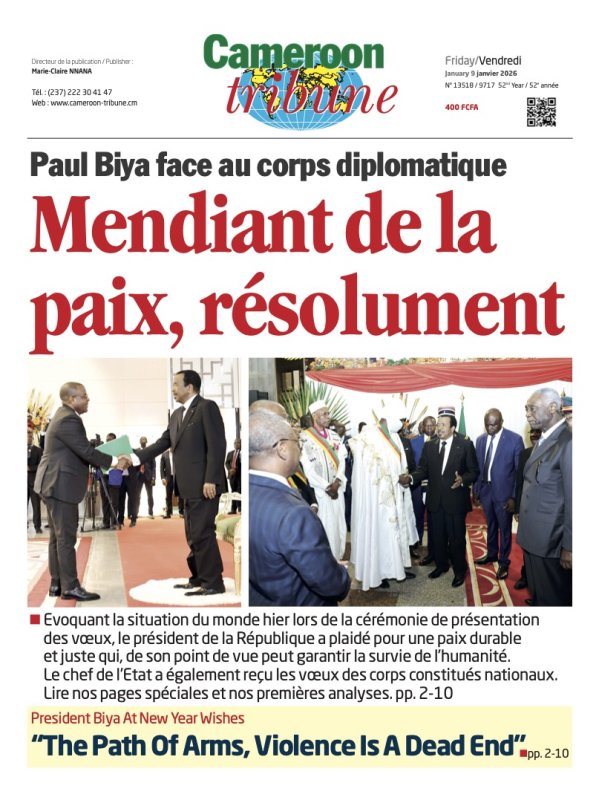




Commentaires